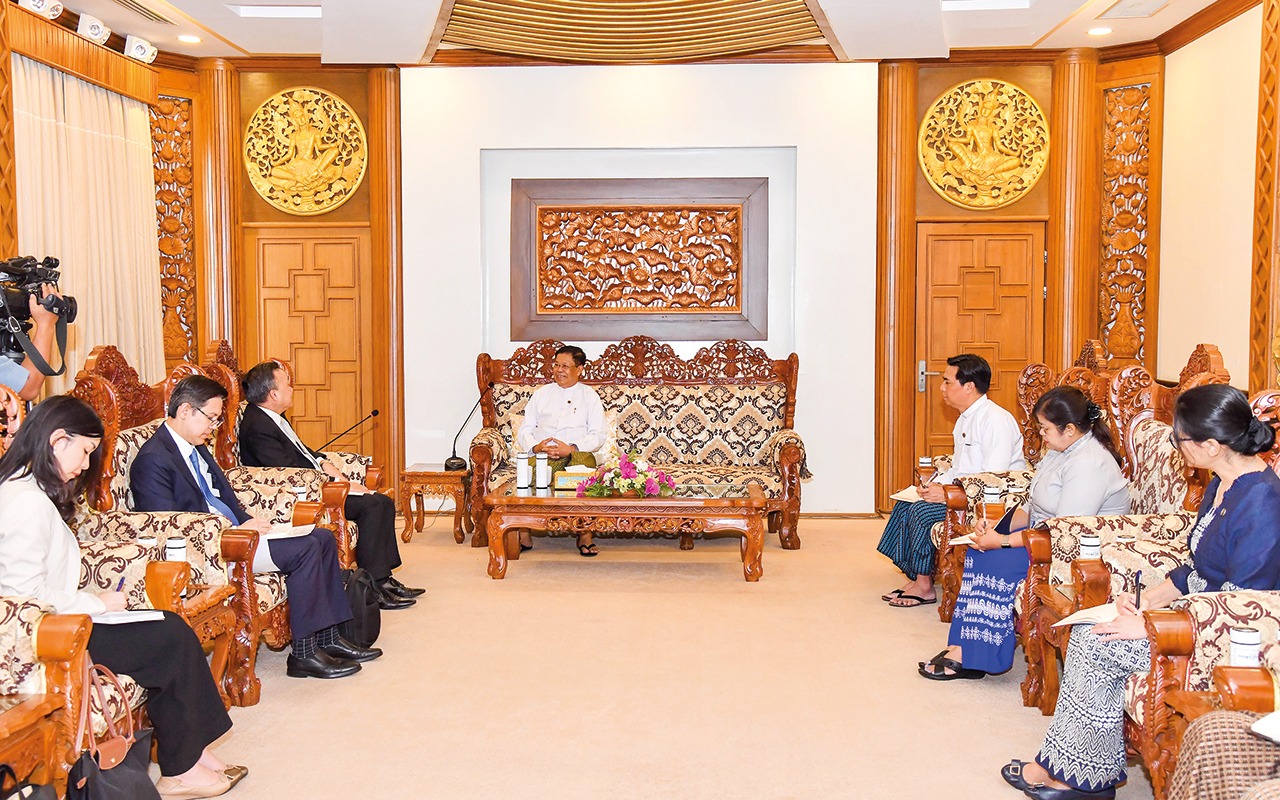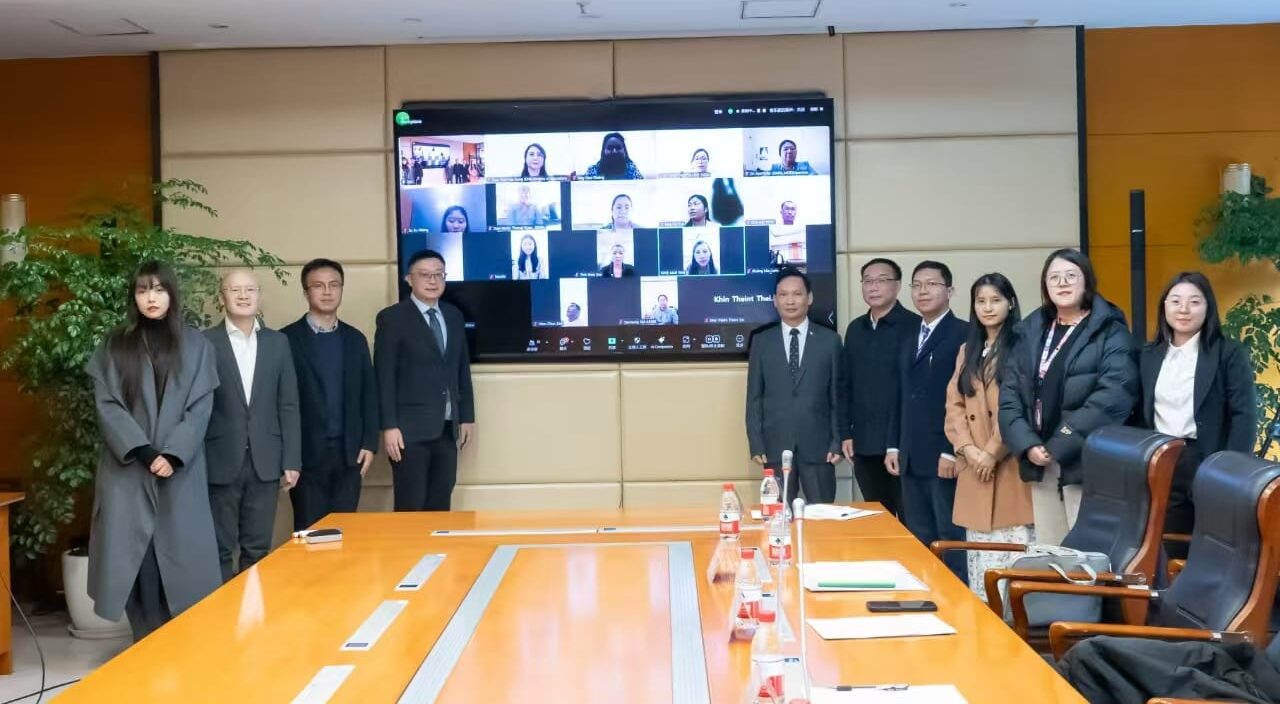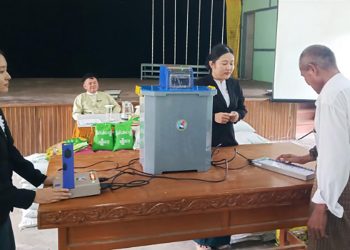UWSA dilemma

These days, it’s not unusual to see Thai diplomats meeting with junta foreign ministry officials, as Myanmar’s neighbor cozies up to the military regime next door.
However, a recent meeting between Dusit Manapan, advisor to the Thai foreign minister, and junta Foreign Minister Than Swe seemed more than routine, given its timing. Junta media reported that the discussion focused on security along the border.
Wednesday’s talks between the two countries in Naypyitaw came amid rising tensions between Thailand and Myanmar’s most powerful ethnic armed group, the United Wa State Army (UWSA). Tensions ratcheted after the Thai Army asked the UWSA to relocate nine of its military bases allegedly encroaching on Thai territory by December 18. The UWSA retorted that the territory dispute was a matter for the Myanmar and Thai authorities to resolve.
Thailand has been asking the Myanmar military for help to push the UWSA off the disputed border territory for decades, but to no avail. The Wa army insists the camps are within its territory while the military has ignored the issue, likely reluctant to provoke the country’s most powerful ethnic armed group.
With Thailand renewing its push for removal of the UWSA camps, it remains to be seen how the junta will react.
Amid the nationwide conflict between the regime and other ethnic armed groups and their allies, the UWSA is the only major ethnic army to remain neutral. Pressuring the Wa to give up the bases would be a risky move for the regime, since the UWSA is aligned with ethnic armed groups that have seized most of northern Shan State from regime forces. So, will the regime risk aggravating tensions with the country’s most powerful ethnic army to appease Thailand? Let’s wait and see!
Handing more reins to Beijing

Isolated internationally for nearly four years for its 2021 coup and subsequent atrocities against civilians, Myanmar’s military regime has grown ever more dependent on China, effectively becoming a puppet of Beijing across nearly every sphere.
The latest example came in October when the junta began drawing up a memorandum of understanding (MoU) to establish a private security company with China. Proposed by Beijing, the initiative aims to protect Chinese projects and personnel in Myanmar. However, the prospect of Chinese armed troops operating on Myanmar soil has prompted widespread criticism that the junta is kowtowing to Beijing.
Unfazed by the backlash, the junta announced Wednesday it has instructed 21 staff from its Foreign and Education ministries to take online Chinese language lessons provided by a secondary school in Chongqing.
In July, the regime took the unprecedented step of making Chinese New Year an official holiday in Myanmar. Previous junta leaders, from Ne Win to Than Shwe, neglected to add the festival to the calendar despite their close ties with Beijing.
It marked the first time in Myanmar’s history that a foreign festival has been officially recognized as a public holiday, apart from global anniversaries like Christmas, Eid and New Year’s Day.
Observers note the junta’s recent actions signal an unprecedented level of dependence on Beijing in the 76 years since Myanmar gained independence.
In return, Beijing is showering the junta with political and diplomatic support. The Chinese government is pressuring major ethnic armed groups to halt hostilities against the regime, as fighting threatens its Belt and Road projects in Myanmar. It has also endorsed the junta’s planned election next year, while denouncing the International Criminal Court for seeking an arrest warrant against regime boss Min Aung Hlaing, bringing considerable relief to its puppet.

















